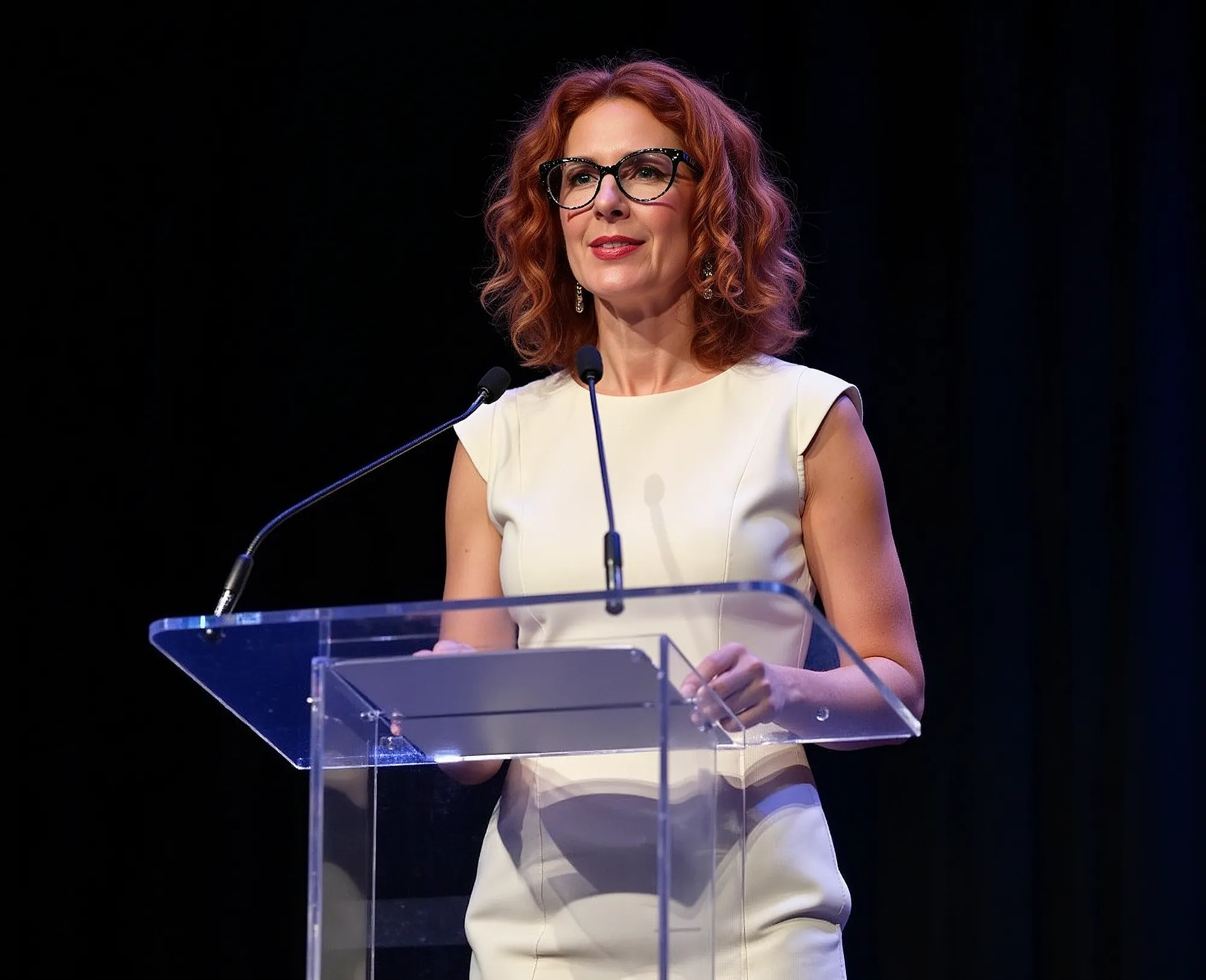There are some who say blockchain is dead, a failed experiment. We often hear that blockchain hasn’t fulfilled its promise and that we’re not seeing the traction to make it worthwhile. I believe the truth is that blockchain has had a deep impact on our world in ways that are not obvious.
Since the early days of Bitcoin, blockchain has been a buzzword, with many predicting it would revolutionize everything from finance to what kind of tea you drink on Monday. While some of those grand visions haven’t fully come to life, there’s no doubt blockchain has changed the way we think about money, value and the global economy.
In my view, the real impact of blockchain is more subtle but far-reaching. We live in a completely different world today compared to 2012, and much of that shift has been driven by the rise of blockchain. It’s not just about digital currencies or new financial products—what’s changed is how people perceive money and global commerce, and that's a profound and culture-shaping change.
A New Way Of Thinking About Money
Ten years ago, the idea that digital money could exist without a government or bank backing sounded far-fetched. Today, everyone has at least heard of Bitcoin. While the technical side of blockchain may still confuse most people, the concept of digital currency is mainstream. In fact, it has changed how we define and interact with money itself.
Before blockchain, people believed that a country’s currency was actually backed with real-world assets like gold. The reality is this couldn’t be further from the truth. This all changed after World War II and the Bretton Woods conference, which made the U.S. dollar the reserve currency of the world. But in 1971, President Nixon decoupled the dollar from gold, which effectively ended the Bretton Woods system. Now, all that backs fiat money is belief in the government or issuing institution.
Governments print money based on economic need, using a few levers that are much more about their political and economic agenda than about what the country is actually producing. Banks leverage the assets deposited by an average of 15 to 1, meaning all value is grossly inflated. In other words, money is not real.
Before blockchain, money was synonymous with physical currency or digital balances managed by central authorities, like banks or governments. Blockchain introduced the idea that value could be stored and transferred without those institutions. Suddenly, money became decentralized, borderless and potentially beyond government control. This is a huge shift in how we think about wealth and transactions and even about our own independence and agency.
Institutional Acceptance: PayPal’s Journey
If you need proof that blockchain has had a real impact, look no further than PayPal. Just five years ago, the company's CFO was open about its hesitancy in getting involved in the crypto space. Fast-forward to today, the company recently launched its own stablecoin—a digital currency tied to traditional money. This transformation from crypto opponent to participant shows how even the biggest players in finance have subtly changed their stance.
The rise of Bitcoin ETFs (exchange-traded funds) is another example of this shift. These products allow investors to gain exposure to Bitcoin without owning the actual coins. Once considered too risky, crypto is now part of the mainstream investment landscape. Even traditional investors have a way to participate with these ETFs, meaning that the language of blockchain is slowly infiltrating even the most resistant population groups.
A Global Shift In Economic Thinking
Perhaps the most profound change blockchain has sparked isn’t in finance but in our global mindset. We are shifting away from an economy strictly controlled by governments and centralized institutions toward a more open, global perspective.
Historically, economies were driven by national policies and currencies, with governments calling the shots. But blockchain has shown us a different way. It has paved the way for a decentralized global economy where individuals can transact, invest and store value independently of central banks or traditional financial institutions.
This cultural shift is significant. Blockchain has allowed people to think beyond their borders, imagining a global village where everyone can participate in the economy. Whether through digital currencies or other decentralized platforms, blockchain has made it easier to imagine a world where financial power is more evenly distributed.
Conclusion
Blockchain may not have completely turned the world upside down just yet, but it has fundamentally changed the way we view money and the global economy. The biggest impact so far has been cultural: We now live in a world where decentralized value is a reality and economic participation is less reliant on governments and banks.
As blockchain technology continues to evolve, we’re likely to see even more changes in how we interact with money and each other. For now, one thing is clear: Blockchain has already changed the rules of the game, and its influence will only continue to grow.




